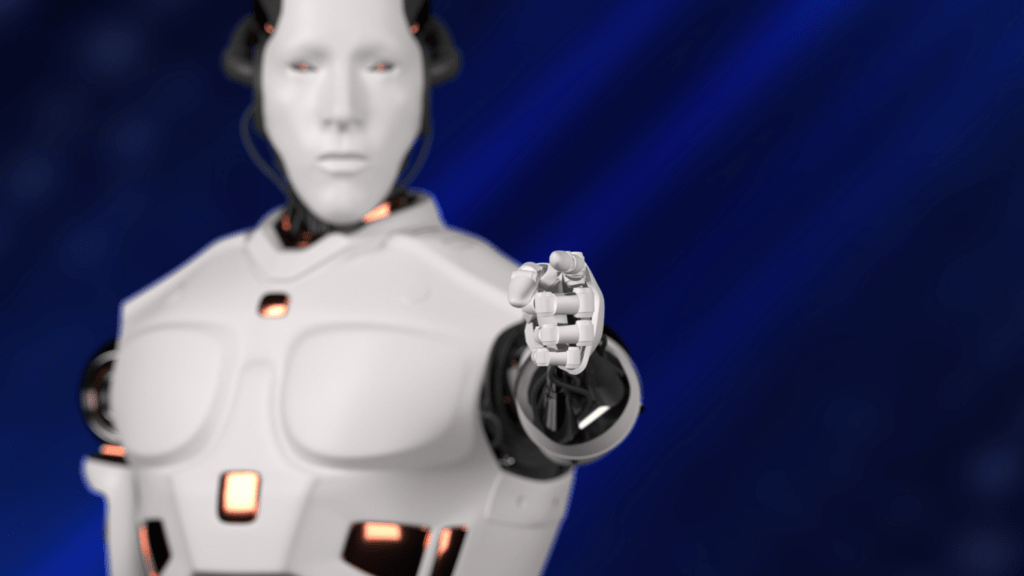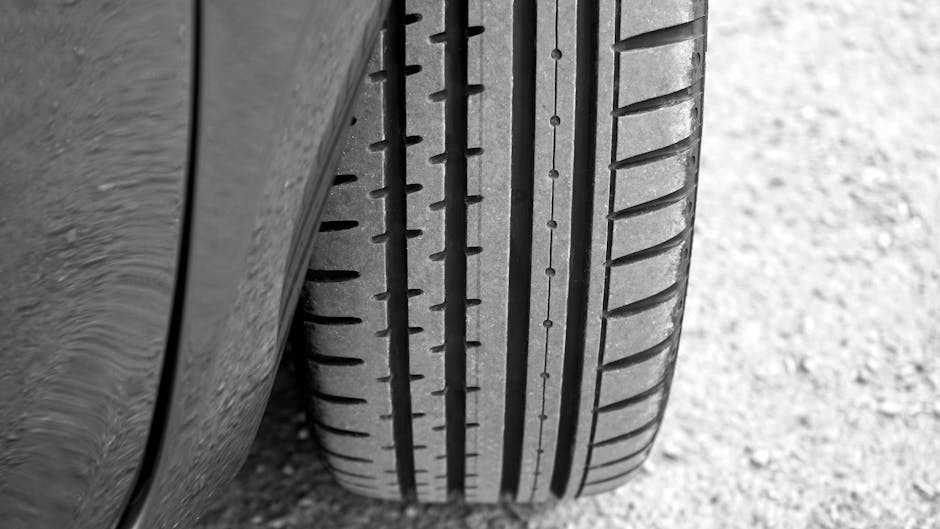As a tech enthusiast, I’ve always been fascinated by the intersection of artificial intelligence and automotive innovation. In today’s fast-paced world, where every second counts, the role of AI in predictive vehicle maintenance is more crucial than ever. Imagine a future where cars can detect potential issues before they even occur, thanks to the power of AI algorithms.
In this article, I’ll delve into how AI is revolutionizing the way we approach vehicle maintenance, saving time, money, and potentially even lives. From predictive analytics to real-time monitoring, AI is reshaping the automotive industry as we know it. Join me on this journey as we explore the exciting possibilities that AI brings to the world of predictive vehicle maintenance.
The Role of Artificial Artificial Intelligence in Automotive Care
I have been delving into the realm of artificial intelligence and its profound impact on predictive vehicle maintenance within the automotive industry. In this section, I will further explore the critical role that artificial intelligence plays in intelligently monitoring and maintaining vehicles.
Defining Predictive Vehicle Maintenance
In predictive vehicle maintenance, AI algorithms are at the forefront of detecting potential issues before they escalate, enabling proactive measures to be taken. By analyzing data from various sensors and sources, AI can predict when maintenance is needed, optimizing vehicle performance and reducing the chances of unexpected breakdowns.
The Evolution of AI in Automotive Industry
The evolution of AI in the automotive industry has been transformative, revolutionizing traditional maintenance practices. From basic rule-based systems to sophisticated machine learning algorithms, AI has significantly enhanced the efficiency and accuracy of predictive maintenance processes. Thanks to AI’s capabilities, vehicles can now undergo continuous real-time monitoring, ensuring optimal performance and enhancing overall safety on the roads.
Key Technologies Behind AI-Driven Predictive Maintenance
Starting with Machine Learning and Data Analytics, these technologies play a pivotal role in AI-driven predictive maintenance. Machine learning algorithms analyze vast amounts of data to detect patterns and anomalies, enabling predictive insights into vehicle health. By leveraging historical data and real-time information, predictive maintenance schedules can be optimized, improving operational efficiency and reducing downtime.
IoT and Sensor Integration are essential components of AI-driven predictive maintenance. Internet of Things (IoT) devices and sensors installed in vehicles collect real-time data on various parameters such as engine performance, tire pressure, and fuel consumption. This data is transmitted to AI systems for analysis, enabling proactive maintenance decisions based on actual vehicle conditions rather than preset schedules. The seamless integration of IoT and sensors with AI promotes predictive maintenance, ensuring optimal vehicle performance and enhancing overall safety on the roads.
Benefits of AI in Predictive Vehicle Maintenance
AI plays a crucial role in predictive vehicle maintenance, offering various benefits that enhance vehicle performance and safety. Let’s explore how AI contributes to increasing the lifespan of vehicles and enhancing safety features.
- Increased Vehicle Lifespan
Using AI for predictive maintenance can significantly extend the lifespan of vehicles. By continuously monitoring various vehicle components and analyzing data in real-time, AI can detect potential issues before they escalate into major problems. This proactive approach allows for timely repairs and adjustments, ultimately reducing wear and tear on the vehicle and ensuring optimal performance over an extended period. - Enhanced Safety Features
AI-driven predictive maintenance enhances the safety features of vehicles by identifying and addressing safety-critical issues before they compromise the vehicle’s operation. Through the analysis of data from sensors and onboard systems, AI can predict potential failures or malfunctions, preventing accidents and ensuring that vehicles are in top condition. This proactive maintenance strategy not only promotes safer driving but also minimizes the risk of unexpected breakdowns on the road, contributing to overall road safety.
Challenges and Considerations
Data Privacy and Security
When considering the integration of artificial intelligence in predictive vehicle maintenance, data privacy and security are paramount concerns. I adapt security measures to ensure that personal and sensitive data collected from vehicles are encrypted and stored securely. Securing data transmission and storage safeguards against unauthorized access, maintaining the confidentiality and integrity of the information gathered.
Cost and Complexity
Incorporating artificial intelligence in predictive vehicle maintenance comes with associated costs and complexities. I evaluate the initial investment required for implementing AI-driven systems and factor in ongoing maintenance costs. Balancing the benefits against the expenses, I weigh the cost-effectiveness of predictive maintenance solutions. Additionally, I address the complexity of integrating AI technologies into existing maintenance workflows, ensuring seamless operations and minimizing disruptions.
AI’s Impact on the Automotive Industry’s Future
Predictions and Trends: AI is set to revolutionize the automotive industry’s future by enhancing predictive vehicle maintenance to unprecedented levels. It’s projected that AI technologies will become increasingly integrated into vehicles, enabling real-time monitoring and analysis of vehicle health data.
Potential Developments in AI Technology: The automotive industry can expect significant advancements in AI technology for predictive maintenance. For instance, AI algorithms will evolve to predict maintenance requirements more accurately based on historical data and real-time inputs, ensuring proactive and timely interventions to prevent breakdowns.




